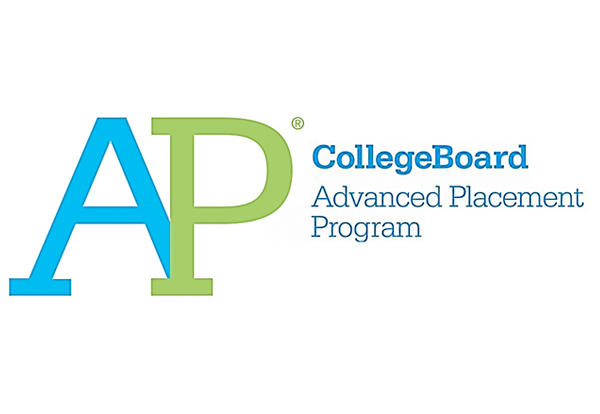
Peer pressure is a common challenge that many high school students face. It can manifest in various forms, from pressure to engage in risky behaviors to conforming to certain social standards. However, resisting peer pressure is crucial for maintaining individuality, making sound decisions, and safeguarding personal well-being. Here are some strategies that high school students can employ to resist peer pressure effectively.
Firstly, students need to develop a strong sense of self-awareness and self-confidence. Understanding their values, beliefs, and goals enables them to make decisions aligned with their principles rather than succumbing to external influences. Building self-esteem through positive self-talk, setting personal boundaries, and fostering a healthy self-image can empower students to assert their individuality and resist peer pressure.
Secondly, cultivating strong relationships with like-minded peers who share similar values and interests can provide a supportive network for high school students. Surrounding themselves with friends who respect their choices and encourage positive behavior creates a sense of belonging without the need to conform to negative influences. By fostering these positive friendships, students can find a sense of community that promotes individuality while providing social support.
Moreover, article “Peer Pressure: Why It Seems Worse Than Ever and How to Help Kids Resist It” explained that, effective communication skills play a pivotal role in resisting peer pressure. High school students should feel comfortable expressing their thoughts, opinions, and boundaries assertively and respectfully. By practicing open and honest communication, students can negotiate peer interactions confidently and set clear expectations for how they wish to be treated by others.
Additionally, critical thinking skills are indispensable in navigating peer pressure situations. Encouraging students to evaluate the potential consequences of their actions, think critically about the motivations behind peer pressure, and make informed decisions based on rational judgment equips them with the tools to resist negative influences.
Furthermore, as paraphrased by article “‘How to Help Teens Resist Peer Pressure’ – Psychology Today”, parental involvement and guidance are crucial in helping high school students resist peer pressure. Parents can foster open lines of communication, provide support and guidance, and reinforce positive values and behaviors at home. By promoting a strong foundation of trust and understanding, parents can empower their children to make independent choices and resist negative peer influences effectively.
In conclusion, high school students can resist peer pressure by developing self-awareness, fostering positive relationships, honing communication skills, embracing critical thinking, and receiving parental support. (Paraphrased from “How to Help Teens Resist Peer Pressure” – Psychology Today). By cultivating these key attributes and strategies, students can assert their individuality, make informed decisions, and navigate peer interactions with confidence and resilience.
Sources:
- “Peer Pressure: Why It Seems Worse Than Ever and How to Help Kids Resist It” – Parent Toolkit
- “How to Help Teens Resist Peer Pressure” – Psychology Today
- “Peer Pressure and Teen Sex” – Child Mind Institute












